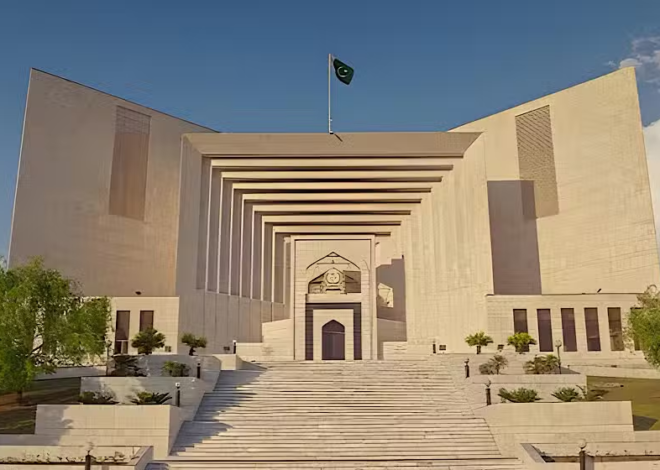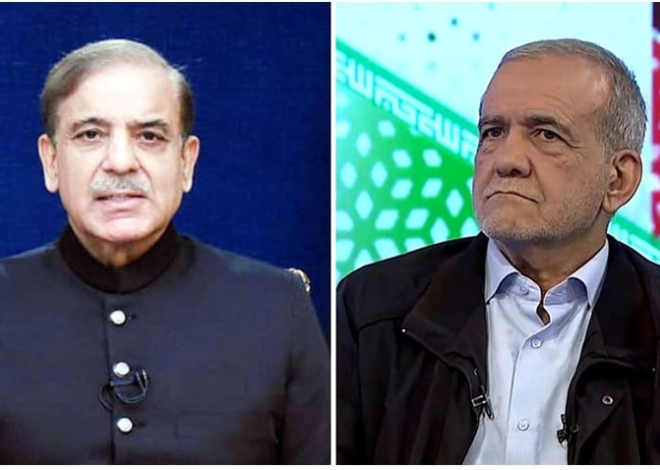
Lammy Says UK, US Working to Ensure Enduring Pakistan-India Ceasefire, Dialogue
In a significant diplomatic development, UK Foreign Secretary David Lammy announced that the United Kingdom, in collaboration with the United States, is actively working to secure a lasting ceasefire between India and Pakistan and to facilitate dialogue and confidence-building measures between the two nations. This initiative follows a recent surge in hostilities between the nuclear-armed neighbors, which escalated into mutual missile strikes.
Background of the Conflict
The recent escalation began after a deadly militant attack in Indian-administered Kashmir on April 22, which resulted in the deaths of 26 civilians. India attributed the attack to Pakistan-based militants, a claim that Islamabad denied. In retaliation, India launched missile strikes on Pakistani military installations, leading to Pakistan’s Operation Bunyan ul Marsoos, which targeted Indian bases across the Line of Control. The situation rapidly deteriorated, with both sides engaging in missile and drone attacks, raising fears of a full-scale war.
The Ceasefire Agreement
On May 10, 2025, after intense diplomatic efforts, India and Pakistan agreed to a “full and immediate ceasefire.” The agreement was brokered by the United States, with support from the UK and other international actors. U.S. President Donald Trump and Secretary of State Marco Rubio played pivotal roles in mediating the talks, engaging with leaders from both countries to facilitate the cessation of hostilities. The ceasefire was hailed as a significant step toward regional stability, though both nations have since accused each other of violations, indicating the fragility of the agreement.
UK’s Role in Mediation
David Lammy’s involvement underscores the UK’s commitment to promoting peace and stability in South Asia. In his statement, Lammy emphasized the importance of de-escalation, stating, “De-escalation is in everybody’s interest.” He further highlighted the need for both India and Pakistan to engage in dialogue leading to a “swift and sustainable ceasefire.” Lammy also expressed concern over India’s suspension of the Indus Water Treaty, a move considered provocative by Pakistan. He reaffirmed the UK’s support for Pakistan in its fight against terrorism and called for both nations to honor existing treaties.
International Support for the Ceasefire
The ceasefire has received widespread international support. The United Nations, European Union, and several countries, including Saudi Arabia and China, have welcomed the agreement and urged both India and Pakistan to engage in sustained dialogue to address underlying issues. UN Secretary-General António Guterres described the ceasefire as a “vital step” toward resolving longstanding conflicts in the region.
Challenges Ahead
Despite the ceasefire, challenges remain. Both India and Pakistan have mobilized military forces near the border, and sporadic clashes continue to be reported. The suspension of the Indus Water Treaty remains a contentious issue, with Pakistan viewing it as a violation of international agreements. Additionally, mutual accusations of ceasefire violations have further strained relations. These developments underscore the need for continued diplomatic efforts to ensure the sustainability of the ceasefire and to address the root causes of the conflict.
Conclusion
The collaborative efforts of the UK and the United States in mediating the India-Pakistan ceasefire highlight the importance of international diplomacy in resolving regional conflicts. While the ceasefire represents a positive step, the path to lasting peace requires sustained dialogue, mutual trust, and adherence to international agreements. The international community must continue to support both nations in their efforts to achieve a peaceful and stable South Asia.








